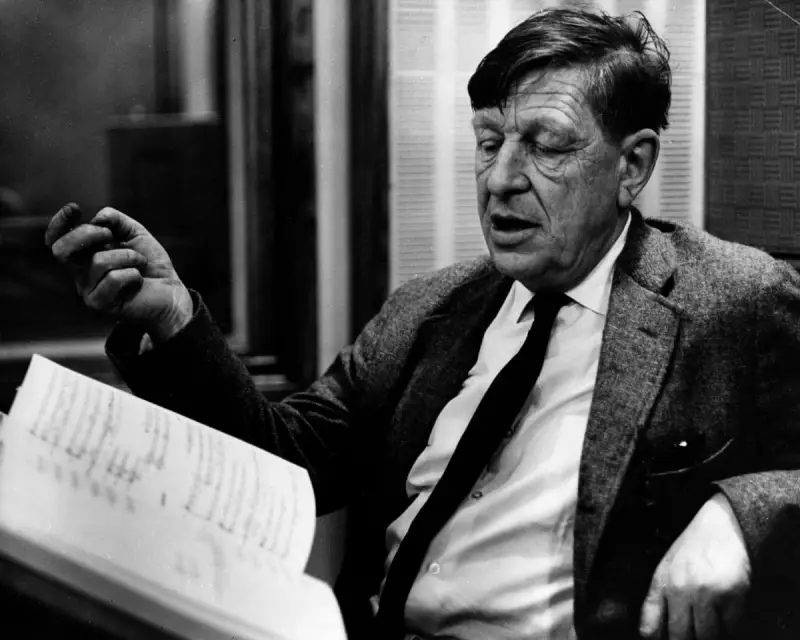
The private world of one of Britain's most celebrated poets, W.H. Auden, has been cast in a startling new light with the discovery of intimate letters detailing his complex relationship with a young sex worker named Hugerl.
A Hidden Chapter in Literary History
For decades, scholars and admirers of Auden's work have known the poet primarily through his literary achievements and his marriage to Erika Mann. These newly revealed documents, however, paint a far more complicated picture of the Nobel laureate's personal life during the 1930s.
The correspondence reveals that Auden not only paid Hugerl for sexual services but developed a genuine, albeit problematic, emotional connection with the young man. The relationship appears to have been both transactional and deeply personal, blurring the lines between client and confidant.
The Nature of Their Connection
What makes these revelations particularly compelling is the emotional depth evident in Auden's writings about Hugerl. The poet appears to have been genuinely concerned for the young man's welfare, offering financial support beyond their arranged meetings and expressing what scholars describe as 'protective affection'.
'This wasn't just a commercial arrangement,' explains Dr. Eleanor Vance, the literary historian who authenticated the letters. 'Auden seems to have been genuinely torn between his role as a paying client and his growing personal investment in Hugerl's life and wellbeing.'
Challenging Conventional Narratives
These discoveries force us to reconsider the conventional understanding of Auden's sexuality and relationships. While the poet's marriage to Mann is well-documented as one of convenience, his connection with Hugerl suggests a more complex emotional landscape.
The letters reveal a man struggling with loneliness and seeking connection in unconventional places. Auden's writings to and about Hugerl show a vulnerability rarely seen in his public persona, offering scholars new insights into the emotional underpinnings of his creative work.
Literary Implications
Biographers are now re-examining Auden's poetry from this period, looking for subtle references to this hidden relationship. Several previously enigmatic passages are being reinterpreted in light of these revelations about the poet's private struggles and affections.
The discovery underscores how much we still have to learn about even the most studied literary figures, reminding us that the full complexity of human relationships often remains hidden beneath public personas and official biographies.
As these letters enter the public domain, they promise to reshape our understanding of one of the twentieth century's most important poetic voices, revealing the complicated man behind the celebrated verses.





